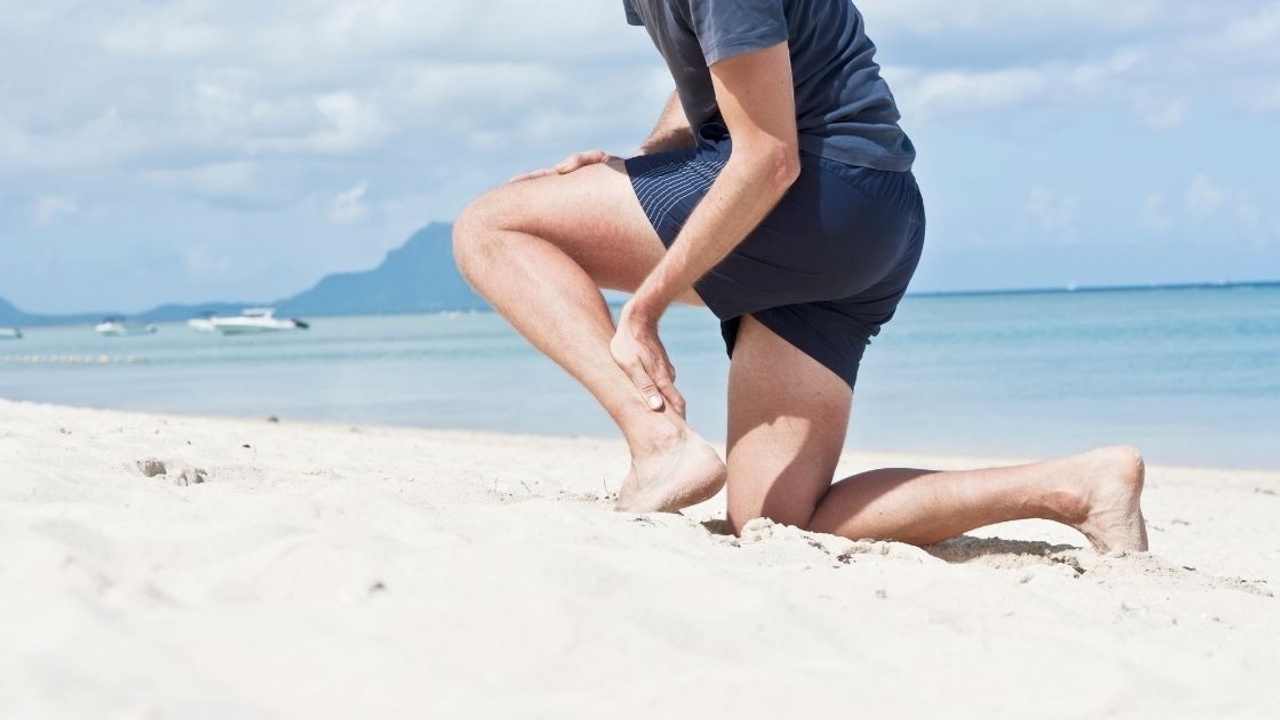
How Do I Get The Best Achilles Tendon Injury Treatment?
Oct 31, 2021
What is Achilles Tendonitis or Tendinopathy?
Achilles Tendonitis or Tendinopathy is a condition that causes pain, swelling, stiffness and weakness of the achilles tendon. The achilles is the tendon formed as the gastrocnemius and soleus (calf muscle) and joins to insert on to the heel bone. It is often seen in conjunction with Plantar Fasciitis pain in the heel.
What does the Achilles Tendon do?
It is the largest tendon in the body, which allows you to walk, run, jump and go up & down stairs. It has to tolerate the highest loads in the body- up to 10 times one’s body weight during running, jumping and hopping type activities.
How does the Achilles Tendon get injured?
Over use, repeated over-load or trauma to the back of the heel or calf may cause Achilles Tendonitis or Tendinopathy. After an injury, the tendon does not heal completely as should normally happen. Instead cellular changes occur to the tendon and its surrounding collagen tissues and supporting matrix (which are responsible for its tensile strength). This does not make the tendon weak, but it does make it difficult for it to tolerate loads during running and walking. It is correcting this that is at the heart of treatment.
How often does Achilles Tendonitis or Tendinopathy occur?
Achilles Tendonitis or Tendinopathy is very common, affecting 6 in every 100 in-active people. Men are more susceptible to injury while individuals in their 30’s and 40’s have been shown to have a greater incidence. Furthermore, people who run/train both recreationally or competitively are also at a greater risk of developing Achilles Tendonitis or Tendinopathy.
What are the risk factors for Achilles Tendonitis or Tendinopathy?
- Over use- runners, jumping sports
- Inappropriate Footwear- poorly fitting, worn, flat if your calf is tight.
- Poor Sporting and Training technique
- Change in training- Intensity, type, duration
- Training on hard or sloped surfaces
- Having a high arched foot
- Poor flexibility (Calf, hamstrings)
- Poor lumbo-pelvic (core) control
How would I recognise if I have Achilles Tendonitis or Tendinopathy?
- Pain and stiffness develops gradually- often worse first thing in the morning or after a period of inactivity
- Pain at back of ankle
- Tenderness/ Soreness to touch the tendon, extending up into calf
- Swelling of the achilles tendon as it inserts onto the heel
- Interference with day to day life- walking to the shops, up/ down the stairs, bending down
- Often pain extends under my heel as well with Plantar Fasciitis heel pain.
- Runners: The pain will typically “warm up” during the first 5- 10 mins of a run. This feature often stops people seeking help as they can initially run through the pain. But the earlier you seek help, the more likely you will be able to get away with adjusting your load rather than stopping activity altogether. As time progresses, pain will be felt when one stops training and from there even during training.
How do I treat my Achilles Tendonitis or Tendinopathy?
We aim to resolve Achilles Tendonitis or Tendinopathy by;
- Improving the tendons tolerance to load
- Biomechanical corrections around the foot, knee, hip and pelvis
- Manual Therapy- massage
- Strength Training and correcting training errors.
Type of treatment will depend on how serious the injury is. Your symptoms may take between 1- 6 months to resolve depending on how long you have had symptoms.
- To strengthen and stretch the Achilles Tendon.
- We will give you a programme that will include Achilles Tendon stretches and Achilles Tendon exercises and heel lowering exercises on a step (referred to as eccentric loading). You will need to do these exercises every day.
- We may use additional techniques to help reduce your pain and speed up your recovery such as massage or strapping .
- You may also require having to assess your gait and perhaps make orthotics (insoles)
- Laser therapy and shockwave therapy treatments may be prescribed to speed up recovery
- Education is vital to resolving this issue as often Achilles Tendonitis or Tendinopathy is slow to heal and unless the patient is fully aware of what’s the treatment plan they may lapse and not improve.
If you think you may have Achilles Tendonitis or Tendinopathy Call Us Now On 01784 250 781

